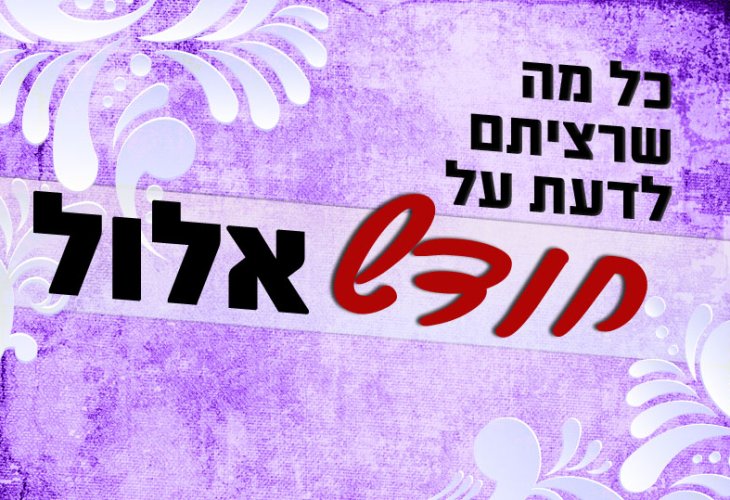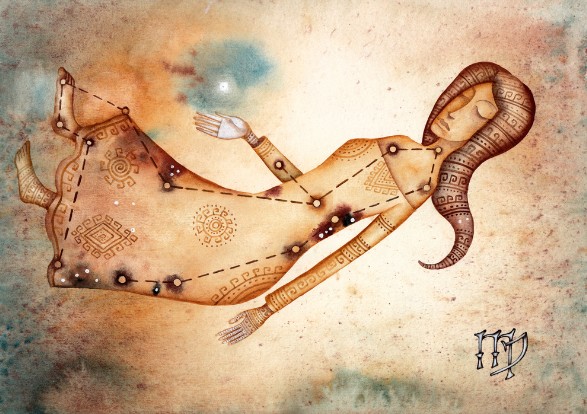Facts in Judaism
Elul: When the King Is in the Field
The Jewish month of mercy, reflection, and return: Unlocking the spiritual power of Elul before the gates of judgment

- When the months of the year are counted from Creation, Elul is the twelfth and final month of the year. When the months are counted by the Torah's count that begins with the Egyptian exodus, Elul is the sixth month of the year.
- The name Elul comes from the Babylonian name "Ululu," which means 'harvest' in Akkadian, and refers to the fact that this month marks the end of the harvest season.
- Some explain that the month's name derives from the Aramaic word "alal" which means searching, purification, and atonement, and reflects that Elul is a month of repentance and self-examination.
- In the Gezer Calendar, this month was called "month of summer" which refers to the fruits that were gathered or the figs that were cut in this period.
- Like all other months on the Jewish calendar, the name Elul originated in Babylon. It is first mentioned in the Book of Nehemiah: "So the wall was completed on the twenty-fifth of Elul, in fifty-two days."
- Many explain that Elul is an acronym for the verse "Ani l'dodi v'dodi li" (I am my beloved's and my beloved is mine) since during this month, which is also known as "the month of mercy and forgiveness," we try to come closer to Hashem, and He accepts our repentance and comes closer to us too. In Hebrew, these four words each end with the letter 'yud,' which has the combined numerical value of 40 and symbolizes the 40 days of favor from the beginning of Elul until Yom Kippur.
 Month of Mercy and Forgiveness
Month of Mercy and Forgiveness- The month of Elul also alludes to the verse: "Et levavcha v'et levav zarecha" (your heart and the heart of your offspring), which reflects the themes of prayer and repentance, as well as "Ish lere'ehu umatanot la'evyonim" (each man to his friend and gifts to the poor), which hints at the obligation of charity and improving our interpersonal relationships.
- Middle Eastern Jewish communities have the custom of reciting Selichot (penitential prayers) and supplications early each morning, before sunrise. In Ashkenazic communities, selichot are only recited in the final week of Elul (from the Saturday night that precedes Rosh Hashanah, or the previous Saturday night, depending on the calendar). Both communities have the practice of blowing the shofar each morning (aside from the last day of the month).
- During Elul, it's customary to bless people with a "shana tova" (good year) or "May you be inscribed and sealed for a good year."
- The month of Elul always has a total of 29 days. Even during the period when the months were sanctified by the sighting of the new moon, Elul always had just 29 days.
The Month's Zodiac Sign
- The zodiac sign for Elul is Virgo (Betulah), which refers to the verse: "Return, O virgin of Israel," and hints at repentance, which is a central theme of Elul.
- One shouldn't wait until the end of Elul to repent. Instead, he should repent immediately after the month of Av, at the beginning of Elul. Some say this is alluded to by the Sages' statement: "Better to walk behind a lion than behind a woman," which indicates that one should begin repentance after the lion, the zodiac sign of the month of Av, and not after the woman, which refers to Virgo, the zodiac sign of Elul.
- The verse: "Do not turn to idols (el elilim)" is explained similarly to indicate that one should not wait until "el elilim" (Elul) to repent. Instead, he should repent earlier.
- The Sages' statement "We give the virgin twelve months" indicates that the month of Elul, with its zodiac sign of Virgo, has the power to compensate for all twelve months of the year.
 Virgo Sign
Virgo Sign
The Month of Elul from a Chassidic Perspective
The last month of the year naturally serves as a time for reflection and soul-searching. A person should thoroughly examine himself, his behavior, and the failures of the past year. Just like every institution and business conducts an annual audit at the end of the year, each person must take a personal spiritual accounting.
Obviously, this spiritual accounting is not just for bookkeeping purposes. Its primary goal is to correct what needs correcting and ensure that the shortcomings of the past year will not repeat themselves.
From this perspective, Elul is parallel to the title the Torah assigns to the tribe of Dan, "the gatherer of all the camps." Just like the tribe of Dan would find all the lost items that belonged to other tribes, in the month of Elul, we return all the spiritual losses incurred throughout the year.
Conducting an honest and authentic accounting demands spiritual strength and Divine assistance so that we will draw correct conclusions and have the capacity to implement them. For this reason, the month of Elul is endowed with special Divine influence to help us in our soul-searching. This special assistance can be described through a concept known a "The King is in the Field."
Rabbi Shneur Zalman of Liadi describes this concept in "Likutei Torah" through the parable of a king who is greeted by the townspeople in the field ahead of his arrival in the city. Anyone can go and greet the king, and he responds graciously to each and every person. As the king proceeds to the city, everyone follows him, but once he enters his royal palace, the masses are no longer allowed in. One needs special permission to enter the palace, and even then, only a few select individuals will be granted this privilege.
The Divine revelation in the month of Elul is different from the Divine revelation throughout the rest of the year. Throughout the year, one needs to work long and hard to be able to see the King in his palace and merit Divine revelation. In the month of Elul though, "the month of mercy and forgiveness," the King appears, as it were, in the field and reveals himself to every single Jew.

